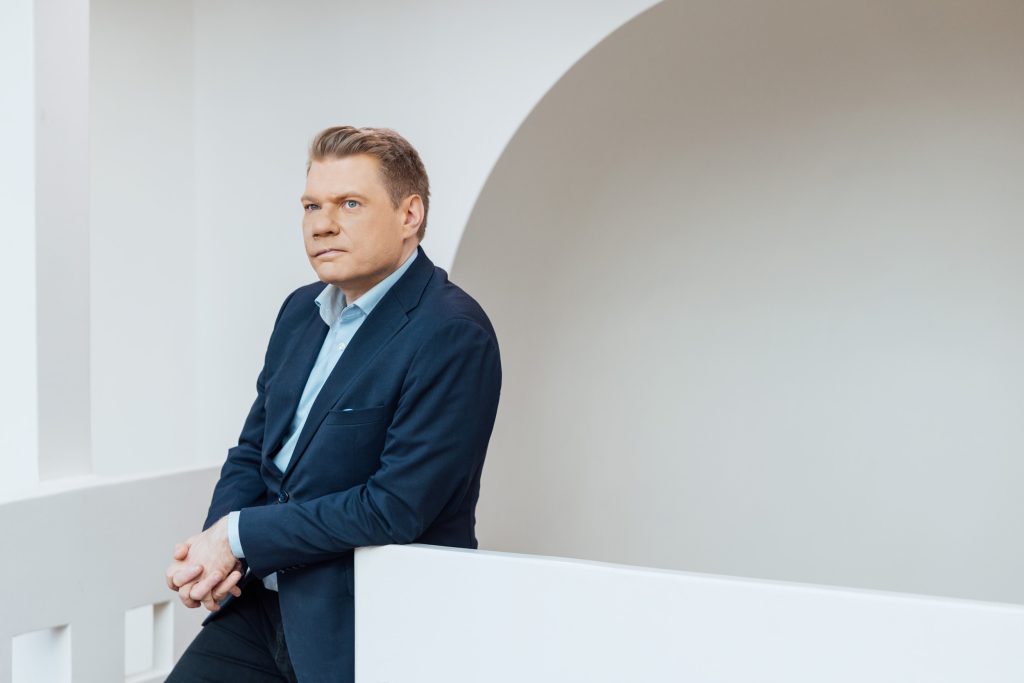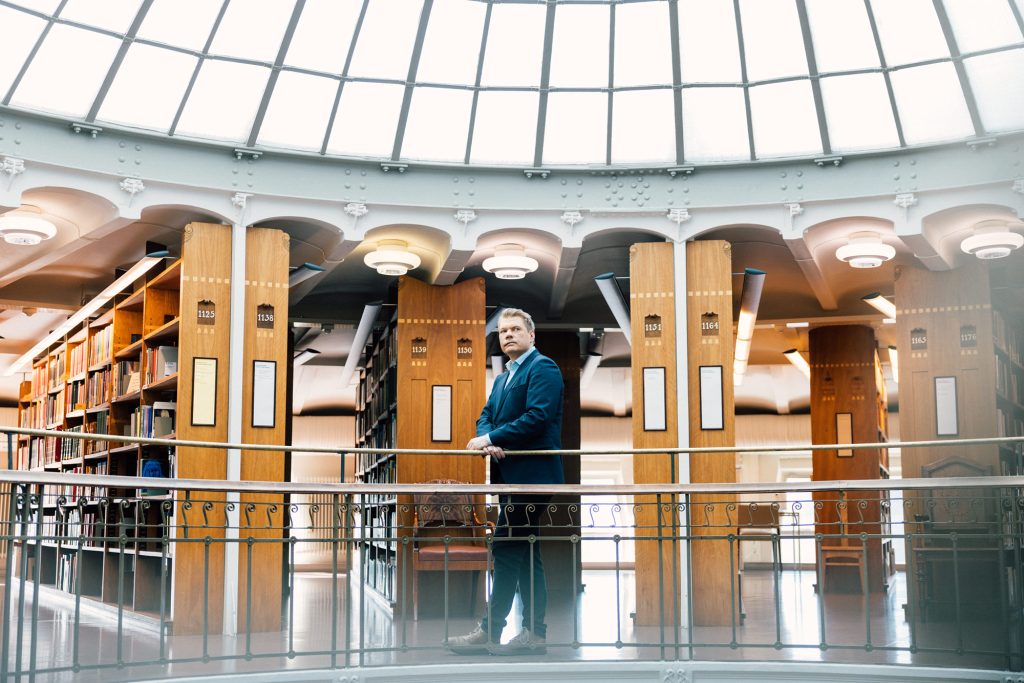
Academy Research Fellow Timo Miettinen has been awarded the Alfred Kordelin Prize for his ability to bring philosophical thinking into public discussion. Miettinen, a researcher at the University of Helsinki, believes that understanding Europe is key to our future.
Europe is undergoing a transformation. Russia’s war of aggression, changes in the security environment, and the United States’ increasing detachment have forced Europeans to reconsider their values and direction.
Researcher Timo Miettinen says that it is in times like these we most need philosophical and historical thinking. These perspectives allow us to see what lies beneath the surface.
“The euro crisis of the 2010s was the era of economists, and during the pandemic, epidemiologists dominated. Now, as global political tensions and culture wars intensify, humanistic understanding is once again more vital than ever.”
Defending the Future Through History
Miettinen studies European philosophy, intellectual history, and politics at the Centre for European Studies at the University of Helsinki. He is interested in how European values and institutions, such as democracy and the rule of law, have come into being – and why they must now be defended.
“Democracy is not a universal law of nature, but a historically fragile system that depends on many contingencies. If we don’t know our history, we can’t understand what we’re in danger of losing.”
Miettinen notes that European political culture bears the memory of two world wars. European systems were built to ensure that such catastrophes would not happen again. Therefore, understanding history, he argues, is also a way of defending the future.
Philosophy Has a Place in Society
As a Docent in Practical Philosophy, Miettinen does not confine himself to the walls of academia. He frequently appears in the media, gives public lectures, and writes for a broader audience.
“I want to influence the direction the world is heading. Public debate is a good way to do that,” he says.
For Miettinen, it is important to highlight topics that would not otherwise arise to the public discussion. For example, his 2024 book Demokratian aika (Age of Democracy) aimed to deepen Finns’ understanding of democracy.
Participating in public discourse requires the ability to make complex ideas comprehensible, a skill in which Miettinen excels. He is often praised for his clarity and for his ability to adapt his message to different audiences.

Research Builds Common Ground
Compared to many other countries, public discussion in Finland is less polarized. But divisions are present here, too.
“I’m not apolitical, but I try to speak in ways that help as many people as possible find ways to build understanding. Ultimately, the purpose of research is to construct a shared world,” Miettinen reflects.
He is also aware of the darker sides of public exposure.
“In recent years, researchers have faced increasing harassment and hate speech. Although I have personally avoided the worst attacks, the phenomenon is worrying. It may discourage researchers from taking part in public debate.”
The Award Highlights the Value of His Work
The Alfred Kordelin Prize was granted to Miettinen for his ability to combine scholarly research with social impact.
“Academic life often consists of short-term contracts and projects. Recognitions like this strengthen the belief that the work matters — even if it doesn’t lead to a permanent position,” Miettinen says.
The researcher will continue to appear in broadcasts and newspapers, as the need for understanding Europe remains.
“By understanding Europe, we can also understand ourselves. If we know our own history, we can better define our future.”